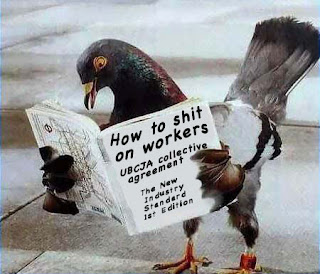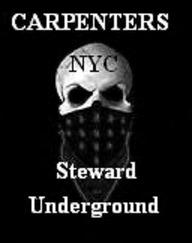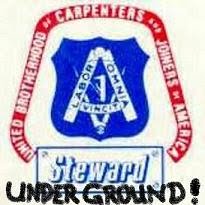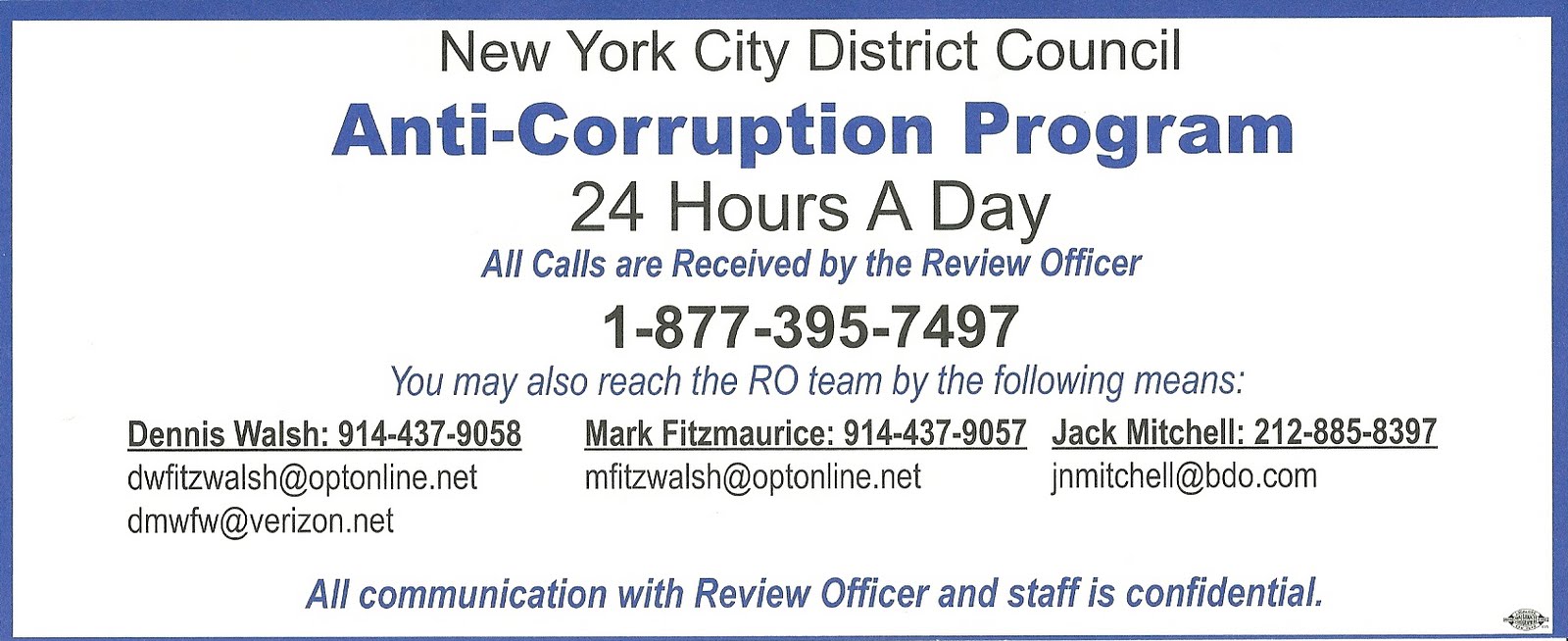The "Father" of Labor Day and of May Day, as well as the founder of the United Brotherhood of Carpenters and Joiners of America, Peter J. McGuire was one of the most remarkable figures in the history of the American labor movement. McGuire probably did more than anyone else to convince skeptical, locally minded union activists around the country that a national labor federation was not only necessary but also possible. Without his tireless enthusiasm and practical example, the creation of the AFL and its survival through its early years are practically inconceivable.
Peter J. McGuire
Born in New York City into a poor Irish Catholic family, McGuire quit school at 11 to work when his father went off to fight in the Union Army. While working at odd jobs, McGuire attended the free night classes at Cooper Union, where he met Samuel Gompers and other young firebrands. Apprenticed to a piano maker in 1867 at the age of 15, McGuire was active in labor and radical circles, including the New York branch of the International Workingmen's Association.
McGuire was a notorious and effective agitator. In 1873, in the midst of a severe economic depression, a mass meeting of radicals and unionists at Cooper Union formed a Committee of Public Safety to press the local authorities to provide economic assistance to the unemployed. Though only 21 years old, McGuire was elected to serve on the committee, and he quickly become its best-known public spokesperson and chief negotiator. After the city refused to grant a permit for a protest parade, McGuire led a sit-in at the office of the police commissioner and secured permission to hold a mass meeting in Tompkins Square Park. But permission was withdrawn at the last minute, and squads of armed and mounted police attacked the gathering to disperse the crowd. Gompers remembered the police charge as "an orgy of brutality" that led to "a reign of terror" during which the New York police broke up even private gatherings called to protest the police's actions and to defend freedom of assembly.
Convinced of the futility of reformist measures, in May 1874 McGuire helped form the Social Democratic party (later the Socialist Labor party) and spent the next five years organizing chapters throughout New England, the West, the Southwest and the Midwest. Wherever he went, he urged workers to organize themselves, abolish the wage system and institute a universal system of cooperative production and distribution.
Moving to St. Louis, Mo., in 1877, McGuire helped win the Missouri legislature's support for one of the first Bureaus of Labor Statistics in the United States. Still in his 20s, McGuire was appointed deputy commissioner of the new bureau but resigned in 1879 to organize a union of carpenters. McGuire had come to see trade unions as indispensable to his socialist vision and to believe he should turn his energies to organizing and building a labor movement.
Within two years, McGuire had organized St. Louis carpenters thoroughly and won such impressive wage gains for them that it attracted the attention of carpenters everywhere. McGuire then issued a call for a national meeting of carpenters' unions in Chicago. The 1881 meeting resulted in the formation of the United Brotherhood of Carpenters (UBC). McGuire was elected UBC secretary, the organization's chief administrative officer. That same year, McGuire wrote the convention call for the national conference of labor unions that established the Federation of Organized Trades and Labor Unions (FOTLU), the organizational forerunner of the American Federation of Labor.
McGuire moved the headquarters of the UBC to New York in 1882, where he became involved in the eight-hour-day movement. At an 1882 meeting of the New York Central Labor Union, he introduced a resolution calling for workers to lead a "festive parade through the streets of the city" on the first Monday of September. More than 30,000 marchers participated in the event. In 1883, thousands again lined the parade route, and the New York group decided to urge other central labor bodies around the country to sponsor simultaneous celebrations the following year. Only a handful of cities joined the celebration in 1884, but in 1885 turnout again was broad and official support for the holiday followed. In 1887, Oregon became the first state to recognize the day. The U.S. Congress followed suit in 1894.
McGuire was also the founder of May Day, the international Labor Day. Congress had passed a largely ignored eight-hour law in 1868 that President Chester A. Arthur refused to enforce. McGuire, concluding the only way for workers to get an effective eight-hour law was to enforce it themselves, declared, "We want an enactment by the workingmen themselves that on a given day eight hours shall constitute a day's work, and they ought to enforce it themselves." In 1884, the UBC delegation to the FOTLU convention introduced a resolution establishing May 1, 1886, as the day on which the workers would institute the eight-hour day. Thousands of workers responded to the call and joined local unions in large numbers. When the day arrived, about 350,000 workers struck more than 11,000 establishments across the country. Unfortunately, a bomb thrown at an anarchist rally called in support of strikers at the McCormick works in Chicago created a backlash against the movement, much as had happened in the wake of the Tompkins Square police riot in New York 13 years earlier, and most of the gains won were erased. But the day itself became fixed in the institutional memory of the labor movement.
When the FOTLU reorganized as the American Federation of Labor in 1886, McGuire was elected the new federation's first secretary. In 1888, the AFL called for another national eight—hour strike by a single union-the UBC-to occur in 1890. McGuire directed the movement personally, hopping tirelessly from one strike point to the next. The strike resulted in one of the most impressive victories for trade union solidarity in the 19th century. More than 23,000 carpenters in 36 cities gained the eight-hour day, and some 32,000 more in 234 cities gained the nine-hour day.
To devote himself full-time to the Carpenters, McGuire resigned as secretary of the AFL in 1889, but he continued to work closely with Gompers as an AFL vice president. He built the UBC into the AFL's largest affiliate.
The Carpenters continued to expand throughout the 1890s until it was too much for any one man to administer. Increasingly, paid "business agents," an organizational innovation pioneered by the Carpenters, took over the work of running the union's locals, and they pressed for greater power at the national level. For years McGuire resisted their efforts, fearing they would lead the organization away from what he saw as one of its most important missions—to be a nursery of socialist ideals and industrial cooperation.
Ill health and alcoholism forced McGuire to resign from the AFL in 1900, and growing opposition to his leadership of the UBC led to his expulsion in 1902 on the basis of trumped-up embezzlement charges. McGuire died on Feb. 18, 1906, in Camden, N.J., where he is buried.














